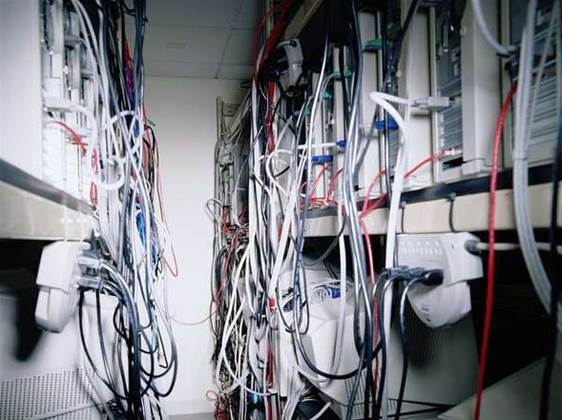
In fact, probably the only firm that wasn’t able to come to the party was Nortel. It filed for bankruptcy protection in several geographies, notably the U.S. and EMEA, though Australia and indeed APAC appears to be unaffected. We’re due to speak to them early next week so we’ll keep you posted.
Others got lucky. 3com managed to negotiate a direct supply deal with the Queensland Department of Education that will benefit secondary students that get laptops under the Rudd Government’s digital education revolution initiative.
Likewise, Juniper landed a purchase order at Australian Unity, Riverbed put its WAN optimisation to work at the NSW Department of Environment and Climate Change, and Sophos reclaimed the right to protect the ACT government’s desktops, laptops, file servers and other networked assets with endpoint security.
It was also a week when Aussie researchers did cool things with network technologies - and the CSIRO was involved in both. The first project involved networking fridges together so they can ‘negotiate’ when to consume power, and the second networked radio telescopes from across the world to demonstrate a cosmic imaging technique in Paris.
But some networks just couldn’t stay out of trouble. Optus Networks copped a $110,000 fine from the Australian Communications and Media Authority over spam allegations and Telstra’s lawyers decided to appeal an overruling by the Australian Competition Tribunal late last year that would have relaxed some wholesale voice regulations for the carrier.
Broadband networks also got a workout, with ispOne inking a deal to resell Telstra ADSL2+ services in addition to its existing offerings from Optus Wholesale, Internode upgrading its inter-capital city bandwidth links, and community WiFi operator myKP making a dramatic entrance into the xDSL game.



.png&h=140&w=231&c=1&s=0)
_(23).jpg&h=140&w=231&c=1&s=0)






 iTnews Executive Retreat - Security Leaders Edition
iTnews Executive Retreat - Security Leaders Edition
 iTnews Cloud Covered Breakfast Summit
iTnews Cloud Covered Breakfast Summit
 The 2026 iAwards
The 2026 iAwards











_(1).jpg&h=140&w=231&c=1&s=0)



